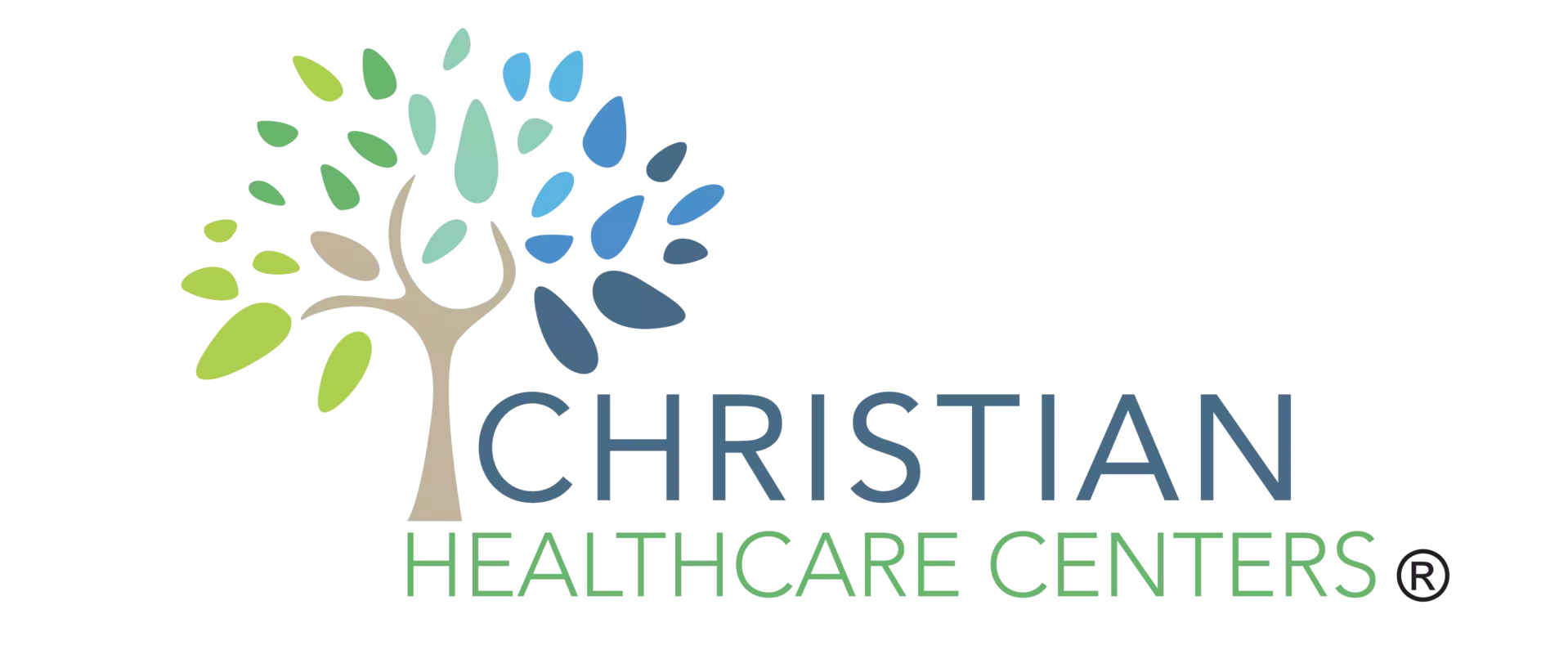Are you tired of the impersonal and rushed healthcare experience? Seeking a more comprehensive and patient-centered approach to your well-being? Look no further than holistic care in direct medicine models.
This unique approach to healthcare offers a myriad of benefits that go beyond traditional medical practices. From focusing on preventive medicine to longer appointment times, holistic care in direct medicine models prioritizes your individual needs, empowering you to take control of your health.
But that’s not all – there’s so much more to discover.
Comprehensive and Individualized Care
In direct medicine models, comprehensive and individualized care is at the forefront, ensuring that each patient’s unique needs are met. This personalized treatment approach focuses on treating the whole person, considering their physical health and mental, emotional, and social well-being.
When you choose holistic care in direct medicine models, you’re embracing a healthcare philosophy that recognizes the interconnectedness of all aspects of your health. Instead of simply treating symptoms, direct medicine practitioners take the time to understand your entire health picture. They listen to your concerns, ask detailed questions, and conduct comprehensive evaluations to better understand your needs.
With personalized treatment, you can expect a tailored approach that addresses all aspects of your health. Your direct medicine provider will collaborate with you to develop a customized treatment plan that considers your medical history, lifestyle, and personal goals. You can achieve long-lasting results by addressing the root causes of your health issues rather than just managing symptoms.
In direct medicine models, the whole-person approach also means that your care extends beyond your physical health. Direct medicine practitioners recognize the importance of mental and emotional well-being in achieving optimal health. They provide support, guidance, and resources to help you navigate life’s challenges and improve your overall quality of life.
Focus on Preventive Medicine
By prioritizing preventive medicine, direct medicine models empower you to take control of your health and make proactive choices to prevent illness and improve your overall well-being. Preventive interventions and lifestyle modifications are crucial in these models, ensuring you stay healthy and vibrant for years.
Here are three reasons why direct medicine models focus on preventive medicine:
- Early detection of potential health issues: Direct medicine models emphasize regular screenings and check-ups to identify potential health issues early. By detecting problems early on, you have a better chance of preventing them from progressing into more serious conditions.
- Tailored preventive care plans: Direct medicine models take a holistic approach to your health, considering all aspects of your well-being, including physical, mental, and emotional health. This personalized approach allows for creating customized preventive care plans that address your specific needs and goals.
- Education and support: Direct medicine models prioritize patient education and support, equipping you with the knowledge and tools to make informed decisions about your health. You’ll receive guidance on lifestyle modifications, such as maintaining a balanced diet, exercising regularly, managing stress, and getting enough sleep, all key components of preventive medicine.
Integration of Conventional and Alternative Therapies
Direct medicine models seamlessly integrate conventional and alternative therapies to provide comprehensive and personalized care for your overall well-being. Integrating conventional and alternative therapies is essential to the holistic approach that direct medicine models take towards healthcare.
By incorporating conventional and alternative therapies, these models offer various treatment options to address your unique needs and preferences.
Conventional therapies, such as prescription medications, surgeries, and other medical procedures, are widely recognized and accepted in healthcare. These therapies are backed by scientific research and have proven efficacy in treating various conditions. Direct medicine models ensure that you have access to these conventional treatments when needed, ensuring that you receive evidence-based care.
In addition to conventional therapies, direct medicine models embrace alternative therapies, including acupuncture, chiropractic care, herbal medicine, and mindfulness techniques. These alternative therapies focus on treating the whole person rather than just the symptoms, aiming to restore balance and promote natural healing processes in the body. Direct medicine models offer a more holistic and well-rounded approach to your well-being by integrating these alternative therapies into your healthcare.
Integrating conventional and alternative therapies in direct medicine models allows for a comprehensive and personalized treatment plan that considers your unique health needs and goals. Whether you prefer conventional treatments, alternative therapies, or both, direct medicine models provide the flexibility to tailor your care accordingly. This approach ensures you receive the most effective and suitable therapies for your specific health concerns.
Emphasis on Patient Education and Empowerment
Patients in direct medicine models are empowered through education to take an active role in their healthcare journey. This emphasis on patient education and empowerment is a key aspect of holistic care in direct medicine models. These models promote patient engagement and foster a sense of belonging in the healthcare process by providing patients with the knowledge and tools they need to make informed decisions about their health.
Here are three ways in which patient education and empowerment are prioritized in direct medicine models:
- Comprehensive Health Education: Direct medicine models prioritize comprehensive health education, ensuring patients have access to a wide range of information about their health and wellness. This includes education on preventive care, chronic disease management, and lifestyle modifications. By arming patients with this knowledge, they can actively participate in their care and make informed decisions about their health.
- Shared Decision Making: In direct medicine models, the emphasis is on collaborative decision-making between patients and healthcare providers. Patients are encouraged to actively discuss their treatment options, risks, and benefits. Patients actively contribute to their care, ensuring consideration of their preferences and values in the decision-making process.
- Accessible Resources: Direct medicine models provide patients with accessible resources to support their education and empowerment. This includes access to educational materials, online portals, and tools that help patients track and manage their health. These resources enable patients to stay informed, take control of their health, and make informed decisions in partnership with their healthcare providers.
Longer Appointment Times and Increased Access
In direct medicine models, you, as a patient, benefit greatly from longer appointment times and increased access to your healthcare providers. These models prioritize your needs and ensure you receive the time and attention necessary for optimal care. Extended patient consultations allow you to discuss all your concerns, ask questions, and receive thorough explanations about your health. This not only enhances your understanding of your condition but also empowers you to actively participate in your own healthcare decisions.
The longer appointment times in direct medicine models allow your healthcare provider to delve deeper into your medical history, perform a comprehensive evaluation, and develop a personalized treatment plan tailored to your unique needs. There’s no rush, no feeling of being just another number in a crowded waiting room. Instead, you can build a trusting relationship with your provider, fostering a sense of belonging and security in your healthcare journey.
Furthermore, the increased access to healthcare providers in these models ensures you receive timely care whenever needed. Whether it’s a routine check-up, managing chronic conditions, or addressing sudden health concerns, you can easily reach out to your provider without unnecessary delays or barriers. This accessibility is crucial in preventing potential complications, improving healthcare outcomes, and providing peace of mind.
Collaborative and Patient-Centered Approach
With a collaborative and patient-centered approach, your healthcare providers work closely with you to ensure your needs and preferences are at the forefront of your care. This approach emphasizes the importance of patient engagement and shared decision-making, which are essential in promoting a sense of belonging and ownership in your healthcare journey.
Here’s why a collaborative and patient-centered approach is beneficial for you:
- Enhanced Communication: In a patient-centered model, your healthcare providers take the time to listen to your concerns, understand your goals, and answer your questions. This open and honest communication fosters a strong partnership between you and your providers, allowing for a better understanding of your unique needs.
- Empowerment and Ownership: With a collaborative approach, you actively participate in healthcare decisions. Your providers empower you to make informed choices by providing all the necessary information about your condition, treatment options, and potential risks and benefits. This shared decision-making process lets you take ownership of your health and well-being.
- Holistic Care: A patient-centered approach recognizes that your health extends beyond physical symptoms. It takes into account your emotional, mental, and social well-being. Your healthcare providers work with you to develop a comprehensive care plan that addresses all aspects of your health, ensuring a holistic approach to your treatment.
Summary
Embracing holistic care in direct medicine models allows for a more personalized and comprehensive approach to healthcare. By focusing on preventive medicine and integrating conventional and alternative therapies, patients are empowered to take charge of their well-being.
With longer appointment times and a collaborative, patient-centered approach, individuals have increased access to the care they need. By valuing patient education and empowerment, holistic care provides a deeper understanding and complexity to the healthcare experience.


